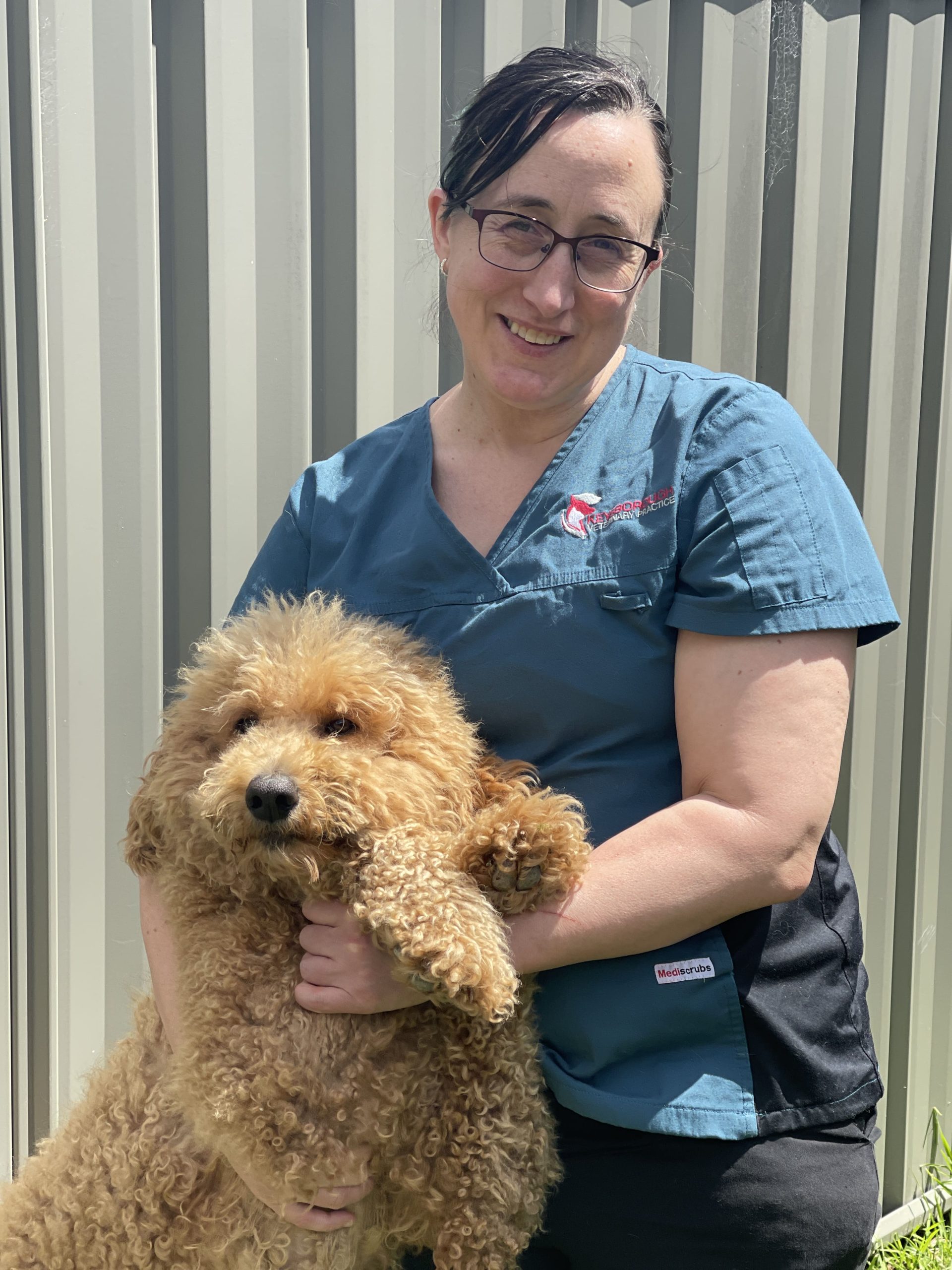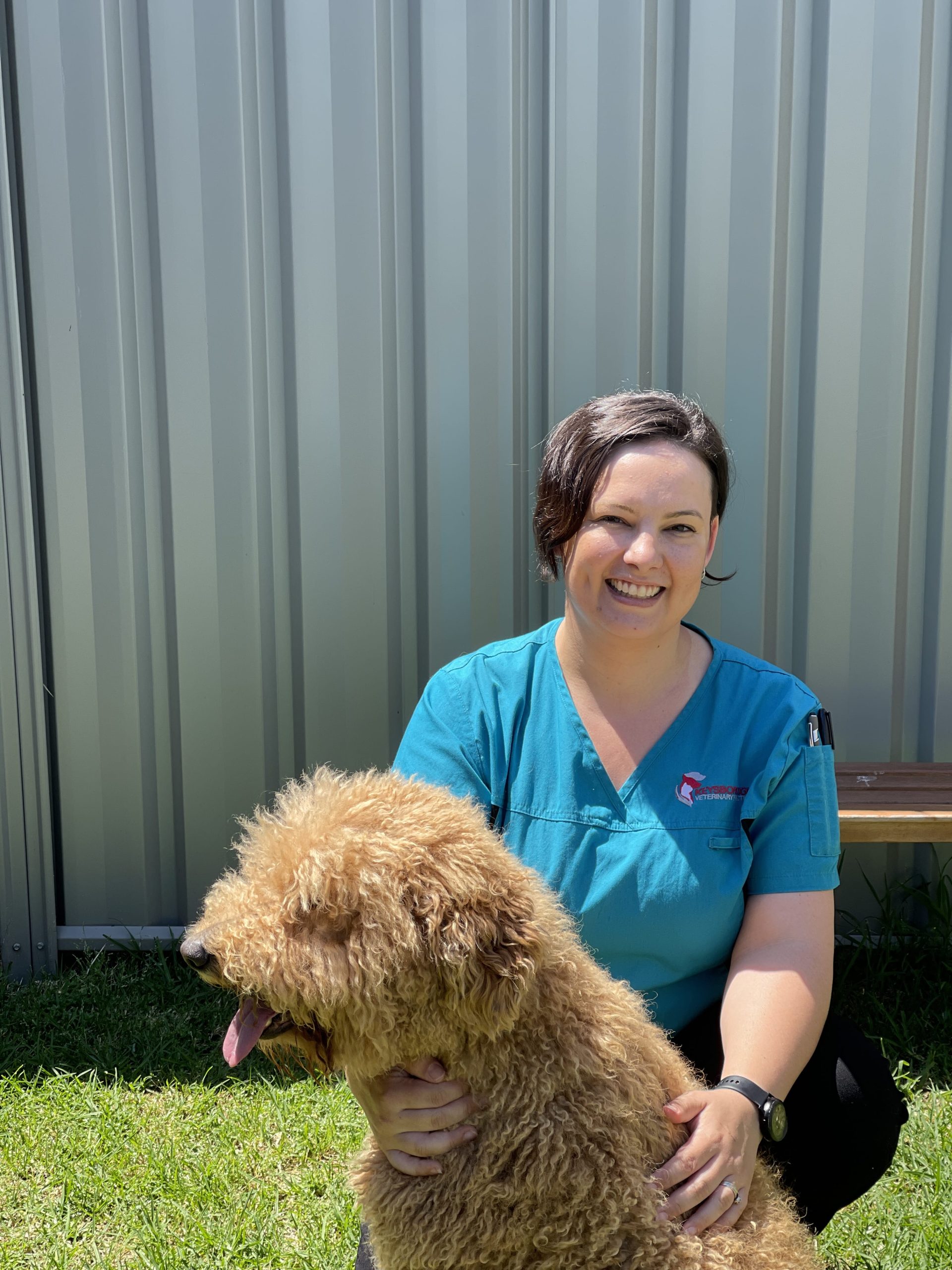-
 Vaccination and wellness services
Vaccination and wellness services
-
 General & Orthopedic Surgery & Dentistry
General & Orthopedic Surgery & Dentistry
-
 X-Rays & Ultrasounds
X-Rays & Ultrasounds
-
 General Pathology
General Pathology
-
 Flea & Worm
Flea & Worm
-
 Urgent Care
Urgent Care

Springvale Veterinary Service – Keysborough Veterinary Practice

Introducing the best of suburban veterinary care in Springvale, Melbourne!
At Keysborough Veterinary Practice, we have a team of highly qualified and dedicated veterinarians and staff. We pride ourselves in delivering comprehensive general pathology services for your beloved pets in the Springvale Suburb.
Located in the vibrant neighbourhood of Keysborough, we offer a unique blend of suburban charm and bustling energy. This makes it an ideal location for pet lovers seeking exceptional veterinary services.
Our modern facility offers various state-of-the-art laboratory tests. These tests include:
- Blood biochemistry
- Full Blood Count
- Blood clotting tests
- Urinalysis
- Faecal exams,
- Bacterial Cultures
- surgical biopsy testing.
These comprehensive tests enable us to identify any underlying health conditions or abnormalities early enough. This in turn helps us provide precise diagnoses and tailored treatment plans for your beloved pets.
Why These Diagnostic Tests Matter
Generally, these tests help us gather essential information about your pet’s health. They allow us to detect underlying conditions, and provide precise diagnoses on time. Here’s why each of them matters:
Blood biochemistry involves analysing various chemical components present in the blood to assess organ function and detect abnormalities.
This test provides valuable insights into the liver, kidneys, pancreas, and other vital organs, helping us diagnose conditions such as diabetes, kidney disease, and liver dysfunction.
A full blood count (FBC) evaluates the different components of the blood, including:
- Red blood cells
- White blood cells
- Platelets.
Examining these components allows us to identify signs of anaemia, infections, inflammation, and certain blood disorders.
Blood clotting tests assess the ability of the blood to form clots.
These tests are crucial before surgical procedures or when monitoring pets with suspected clotting disorders. They help us ensure that your pet can effectively form and dissolve blood clots, preventing excessive bleeding or abnormal clotting.
Urinalysis involves examining urine samples to evaluate kidney function. It helps detect urinary tract infections, kidney stones, diabetes, and other urinary system disorders.
Urinalysis provides valuable information about your pet’s hydration status, kidney health, and overall urinary system function.
Faecal examinations analyse stool samples to detect the presence of intestinal parasites. These could include:
- Worms
- Protozoa
- Other microscopic organisms.
These tests help in identifying these parasites early enough. This means that we can provide appropriate treatment to protect your pet’s health and prevent the spread of parasites to other animals.
This is the collection and growing of bacterial samples to identify the specific bacteria causing infections.
This test helps us determine the most effective antibiotic treatment for that particular infection. It therefore helps combat bacterial infections that may affect your pet’s overall health.
This is the removal and examination of a small piece of tissue for microscopic analysis.
This procedure helps us diagnose and determine the nature of abnormal growths, tumours, or lesions. Analysing the tissue sample helps us provide an accurate diagnosis and develop a targeted treatment plan.
When is Diagnostic Testing Required?
While many symptoms in pets can be diagnosed through a physical examination, there are certain cases where lab tests are necessary to accurately diagnose and treat their condition.
Here are some common symptoms in pets that may require a lab test:
Is your pet experiencing frequent episodes of vomiting and diarrhea? If yes, then is your sign that a fecal examination or blood work may be needed. These tests will check for gastrointestinal parasites, bacterial or viral infections, or underlying metabolic disorders.
Increased thirst and urination can be signs of various underlying health issues. These issues may include:
- Diabetes
- Kidney disease
- Hormonal imbalances.
A urinalysis and blood tests, including a complete blood count (CBC) and comprehensive metabolic panel (CMP), can provide valuable insights into your pet’s kidney function and blood sugar levels.
Sometimes your pets may start experiencing a gradual or drastic change without a probable cause. This could mean that your pet needs some tests.
Blood tests can help assess organ function, hormone levels, and any other complication that you cannot rule out physically.
These tests will help us out conditions like thyroid disorders, liver disease, or pancreatic insufficiency.
With pets, it’s very easy to notice their inactivity or signs of tiredness. If you notice this, then it’s high time for a complete blood count (CBC) and blood chemistry.
These tests provide information about their red and white blood cell counts, organ function, and electrolyte balance. They can help identify underlying infections, anemia, or metabolic imbalances.
When pets have persistent skin problems, you know they need thorough tests. These issues may come in the form of:
- Itching
- Redness
- Hair loss
- Recurrent infections
- Skin scrapings
- Cytology
Thorough tests will help you determine the presence of parasites, fungal or bacterial infections, or underlying allergies.
If your pets are experiencing difficulty in breathing, chest X-rays and blood gas analysis can help assess lung function and oxygen levels. These tests are essential in diagnosing conditions like pneumonia, bronchitis, or heart disease.
Prior to undergoing anesthesia and surgery, your veterinarian may recommend pre-operative blood work to assess organ function, clotting ability, and overall health.
This helps ensure your pet is in good condition for the procedure and reduces potential risks.
This is Why You Should Trust Our Pathology Services Expertise
Keysborough Veterinary Practice is the best vet Service for Springvale.
Our in-house laboratory allows us to conduct a wide range of tests promptly and efficiently. This especially comes in handy when dealing with critically ill pets. It also helps when performing pre-anaesthetic blood screening for surgical patients.
Even though the turnaround time for results may vary, we always ensure that your results are ready in the quickest time possible. This typically ranges from 24-48 hours for most tests and up to 7 days for biopsy results.
We prioritise your pet’s health and aim to deliver exceptional care that exceeds expectations.
Call us today! Let’s ensure the health and happiness of your cherished companions.
Explore the veterinary services offered in neighboring suburbs such as Dandenong South, Mordialloc, Dandenong, Clayton South, Braeside, and Noble Park,Australia.































